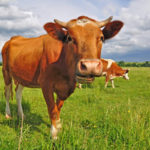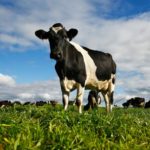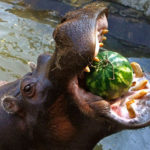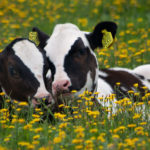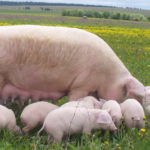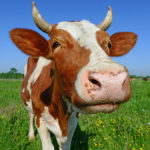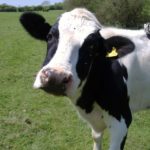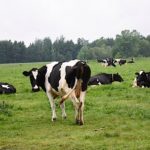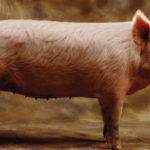Why Do Animals Need Rights?
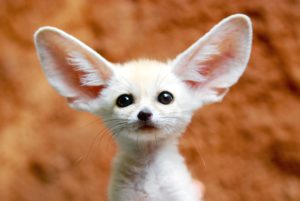 Do you ever thought about why do animals need rights? Television advertisements display contented dairy cows, happily munching on grass as their calves frolic alongside. The screen lights up with well-feathered hens, scratching for insects, bathing in small dust bowls and clucking gently to their chicks as they explore their environment. We are shown hogs, happily grunting while rolling in mud to protect their skin from sun and parasite damage. These are the images that endure, of animals that we appreciate because of the milk, the eggs, even the meat, that they so unselfishly give to us.
Do you ever thought about why do animals need rights? Television advertisements display contented dairy cows, happily munching on grass as their calves frolic alongside. The screen lights up with well-feathered hens, scratching for insects, bathing in small dust bowls and clucking gently to their chicks as they explore their environment. We are shown hogs, happily grunting while rolling in mud to protect their skin from sun and parasite damage. These are the images that endure, of animals that we appreciate because of the milk, the eggs, even the meat, that they so unselfishly give to us.
And the advertisers know that as long as consumers think this way, their products are safe. The industries’ public relations teams work very hard at keeping the real story from us. They are aware that if we knew the truth about how domestic animals are treated, we might well give up our support, by no longer eating the foods, or wearing the garments that contain animal products.
The fur industry was caught off guard when animal rights activists obtained film of creatures caught in leg-hold traps. The pictures were then used by the activists, to create ads of their own. They depicted fur-bearers gnawing at their legs, trying to get loose from the jagged steel jaws. They exposed terrorized animals, held in pain for hours or days until a gunshot ended their misery. And the public rose to the occasion and demanded that the fur industry clean up its act. Although the leg-hold trap is still in use, most fur now comes from factory farms. Here the animals live their lives in small, bare cages, bored to insanity, awaiting a death that, although it will not mark the fur, is both inhumane and lacking any semblance of dignity.
Speciesism is the human belief that we have the absolute right to command all other species, simply because we have the possession of opposable thumbs. It authorizes us to decide when other species procreate, how they will live and die, and if they should do so in fear and pain. It grants us the ability to set limits on how much comfort and natural behavior they will experience. And because we insist that our intelligence holds more importance than that of other species, we have removed ourselves from any accountability. That alone, is inherently dangerous.
If we wish to evolve into a kinder and gentler society, we have to stop turning a blind eye to the suffering of others, whether they are humans or other animals. This is doubly important when the misery takes place because of our own hand. We need to take responsibility for the consequences that our consumerism causes; first, by arming ourselves with knowledge, and second, by taking a moral stand.
Those who advocate animal rights are often told that they are too emotional. Yet, since emotions are the hallmark of our humanity, perhaps they are vital to sorting out the actions that are needed to bring peace to this planet; for ourselves and for the rest of creation.
